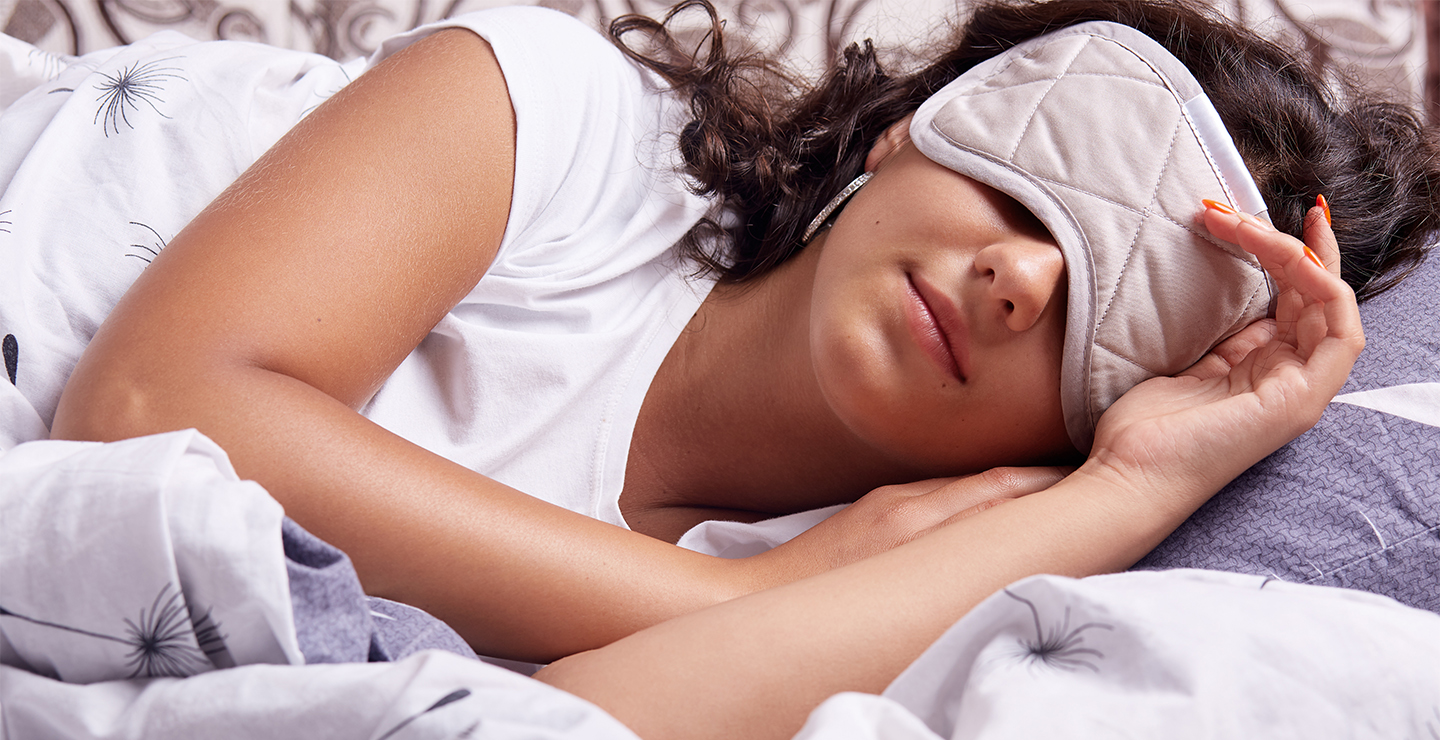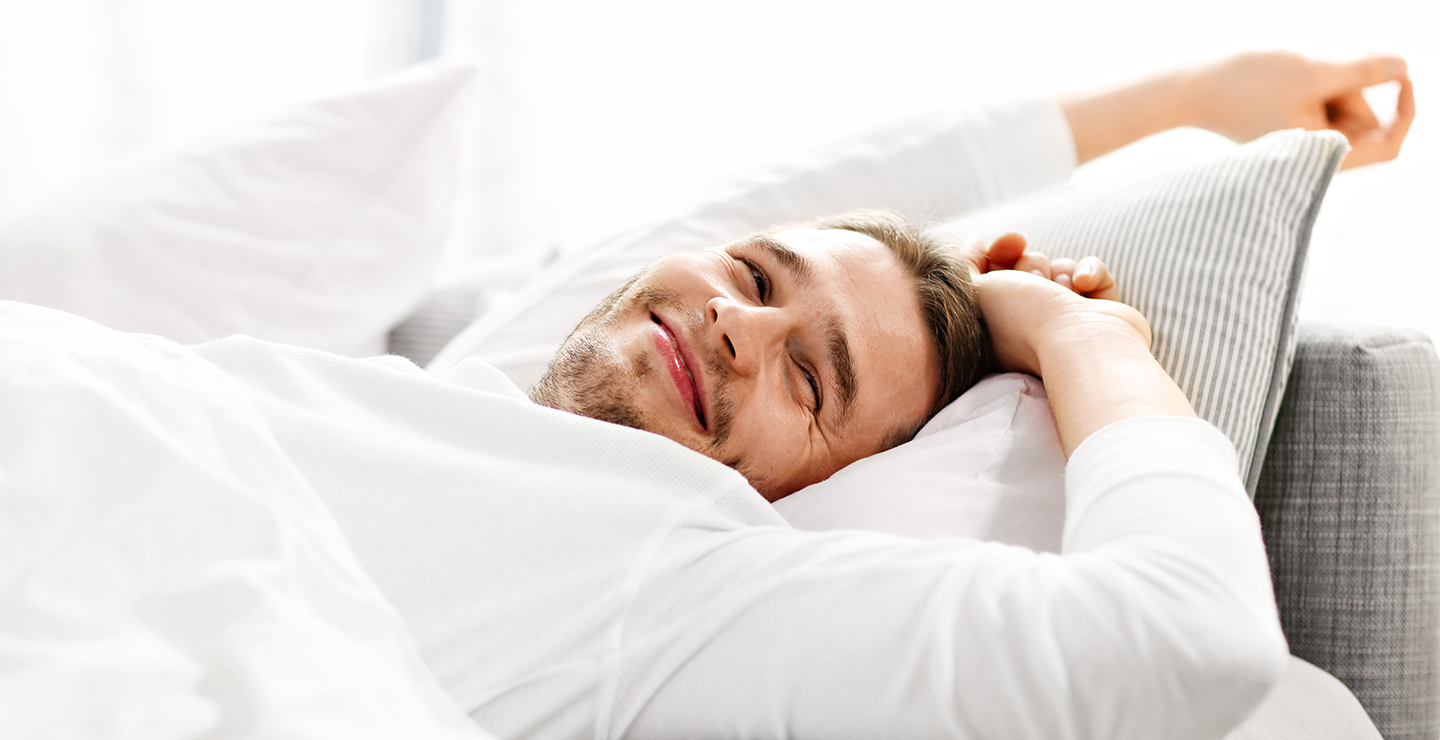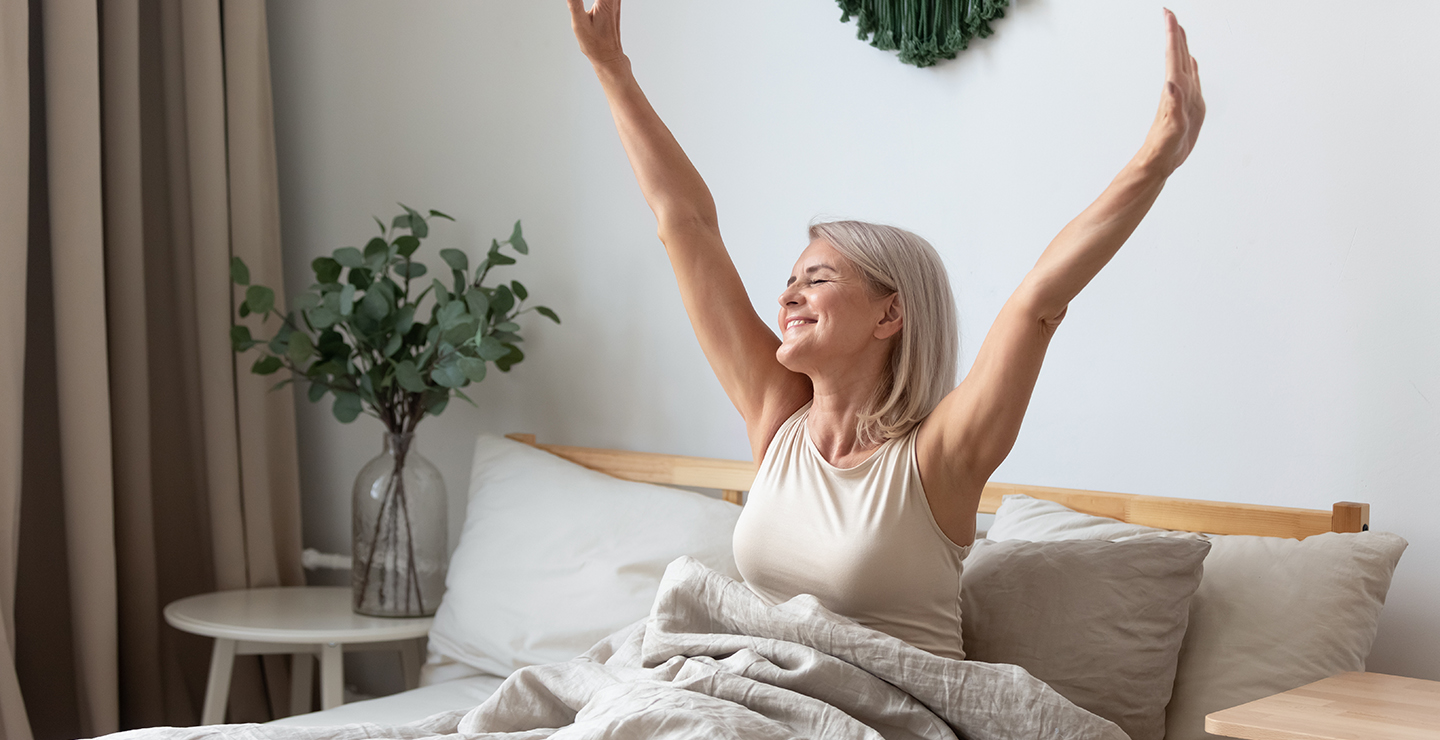What causes trouble falling asleep and how to remedy occasional sleeplessness
Most people need 7-8 hours of “beauty” sleep a night. But, occasional sleeplessness can get in the way of that.
Struggles & Remedies
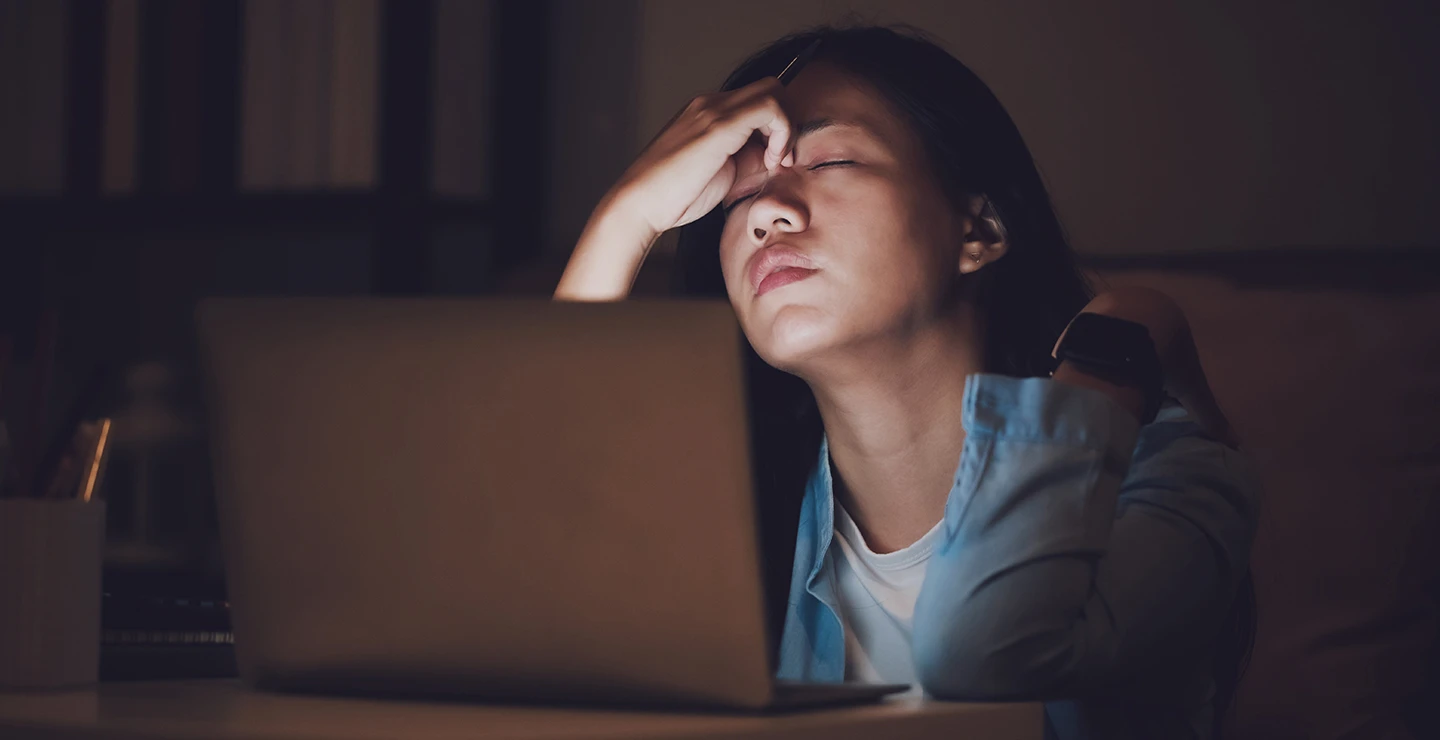
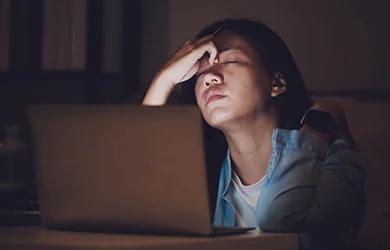
Most people need 7-8 hours of “beauty” sleep a night. But, occasional sleeplessness can get in the way of that. Think you have sleep problems? Well, there are a few things you can do to help get the rest you need; it’s also important to know when to talk to your doctor or pharmacist.
What are the signs of occasional sleeplessness?
Look out for these signs and symptoms:
- Trouble falling asleep
- Trouble sleeping soundly
- Waking up too early
- Feeling tired or sleepy during the day
- Feeling irritable, depressed, or anxiou
- Trouble paying attention, focusing, or remembering
- Causing accidents or slip-ups
- Worrying about sleep
What Causes Occasional Sleeplessness?
Sometimes, occasional sleeplessness can be the main issue. Other times, it’s caused by an underlying problem that requires talking with your doctor. Here are some potential causes for occasional sleepless nights:
- Stress (e.g. triggered by life changes or temporary situations related to work, school, health, finances, family, or trauma)<
- Irregular schedules
- Poor sleep habits
- Eating too much before bedtime
Solutions and Tips for Sleep Problems
“Keep noise, light, and temperatures low while you sleep”
There’s a lot you can do to help get a better night’s sleep. Try out some of these tips to improve your sleeping habits and hygiene:
- Don’t watch TV, eat, or discuss heavy topics in bed
- Keep noise, light, and temperatures low while you sleep
- Don’t drink fluids after 8 p.m.
- Avoid naps or keep them to 25 minutes
- Avoid bright lights if you wake up at night
- Avoid nicotine, caffeine, alcohol, heavyz meals, and exercise before bed
- Don’t let your pet sleep in your bed
- WhatCausesTroubleFallingAsleep_WomanCantSleep
Here are a few things to think about as you determine whether an Over-the-counter (OTC) sleep-aid is right for you, and when it may be best to consult a doctor:
Medicines: The Fine Print
Before you take an OTC medicine to help you sleep, consult the packaging of both the sleep-aid and all other OTC medicines or prescription medicines that you are taking or have recently taken. This will help you to rule out possible contraindications. Talk to your doctor or pharmacist if you have questions that cannot be answered by the packaging info.
So Many Sleep Aids - What's Right for Me?
Before you choose an OTC sleep-aid, it’s essential to know why you’re taking it and what you want your sleep-aid to accomplish. Your doctor or pharmacist is the best resource to help you choose the OTC sleep-aid that’s right for you.
When to Consult a Doctor About Your Occasional Sleeplessness?
If you’re having trouble sleeping, you’re not alone, but symptoms can vary in frequency, duration, and underlying cause. First, ensure that you have a good foundation of proper sleep habits and hygiene. If creating the right environment and habits to get to sleep are not enough, and you are still having occasional trouble falling asleep, you may consider trying an OTC sleep aid to help you get some rest.
Sleep medicines that are available over-the-counter, such as ZzzQuil™ (diphenhydramine HCI), are used to treat occasional sleeplessness. This occasional sleeplessness can be triggered, for example, by life changes, temporary stressful situations, or having a lot on your mind when you are trying to sleep. ZzzQuil is non-habit-forming and is safe and effective when used as directed. Stop use and ask a doctor if sleeplessness persists continuously for more than two weeks. Insomnia may be a symptom of a serious, underlying medical illness. That’s why consulting with a doctor, pharmacist, or sleep specialist can help with your diagnosis—and help you find the right sleep-aid for you.
Learn more about melatonin or go to our Vicks Pure Zzzs™ Melatonin Gummies pages to purchase.
Learn More about OTC remedies for sleep problems To learn more about OTC medicine and supplements that can help with occasional sleeplessness problems and to help you get the rest you need, visit: What is Melatonin and First Time Taking Melatonin?.
Sleep medicines that are available over-the-counter, such as ZzzQuil™ (diphenhydramine HCI), are used to treat occasional sleeplessness. This occasional sleeplessness can be triggered, for example, by life changes, temporary stressful situations, or having a lot on your mind when you are trying to sleep. ZzzQuil is non-habit-forming and is safe and effective when used as directed. Stop use and ask a doctor if sleeplessness persists continuously for more than two weeks. Insomnia may be a symptom of a serious, underlying medical illness. That’s why consulting with a doctor, pharmacist, or sleep specialist can help with your diagnosis—and help you find the right sleep-aid for you.
Learn more about melatonin or go to our Vicks Pure Zzzs™ Melatonin Gummies pages to purchase.
Learn More about OTC remedies for sleep problems To learn more about OTC medicine and supplements that can help with occasional sleeplessness problems and to help you get the rest you need, visit: What is Melatonin and First Time Taking Melatonin?.


